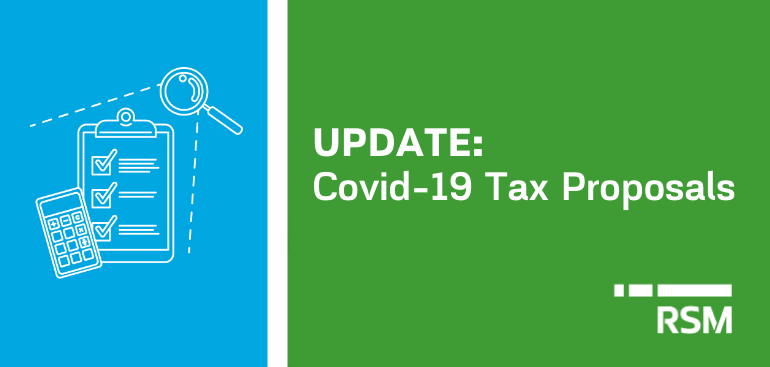
The Government has announced a raft of measures to combat the impact of Covid-19 in a $12.1 billion package. Businesses will receive the majority of this funding boost.
The economic rescue package is broken down into the following areas:
- Initial $500 million injection for health, including videoconferencing consultations and extra intensive care capacity and equipment for hospitals;
- $5.1 billion in wage subsidies for affected businesses in all sectors and regions, available from today;
- $126 million in COVID-19 leave and self-isolation support;
- $2.8 billion income support package for our most vulnerable, including a permanent $25 per week benefit increase which will take effect from 1 April 2020. In addition a doubling of the Winter Energy Payment for 2020;
- $100 million redeployment package;
- $2.8 billion in business tax changes (more below);
- $600 million initial aviation support package (this excludes Air New Zealand and is targeted at a ensuring border controls remain stringent).
Finance Minister Grant Robertson has stated this package is about "cashflow and confidence'' and is only the beginning of the support that will be rolled out to help New Zealanders through this crisis and to recover from it.
The following tax-related relief has been announced:
- Reintroducing building depreciation to help encourage investment in industrial and commercial buildings. This will be effective from 1 April at 2% diminishing value. It will not apply to residential premises;
- Increasing the allowance to expense low value asset purchases from $500 to $5,000 for the 2021 income year before reducing it to a $1,000 allowance from the 2022 income year onwards;
- Relieving small business owners of the requirement to pay tax through the provisional tax system by raising the Residual Income Tax (RIT) threshold from $2,500 to $5,000. This will apply from 1 April 2020 for the 2020/2021 income year onwards. Payment for the 2019 and 2020 income year (due for taxpayers on 7 April 2020 or 7 April 2021 for those with a tax agent) will not alter.
- Allowing the Commissioner of Inland Revenue to cancel use of money interest on underpayments of tax for taxpayers unable to pay tax on time due to the outbreak. This is proposed for payments due on or after 14 February 2020. Once legislation is passed, it is likely you’ll need to let Inland Revenue know you have been significantly affected by the COVID-19 outbreak and that you’re unable to make your payments by their due date;
- Allowing Inland Revenue to share information with government departments to help these agencies provide assistance in relation to the outbreak.
Whilst the Government did take some time to respond, Covid-19 has now hit home. This package is a massive attempt to keep business going in a time of expected major disruption.
My only concern is the seemingly long-term nature of some of these tax-related measures. For example, when will the tax benefit of a 2% depreciation deduction on buildings be felt? Provisional tax thresholds have increased, but not for payments due in the 2021 year? Overall however the Government have moved swiftly in the right direction!
A Bill with the necessary legislative amendments will be introduced soon.
- Full Government Release - Click here to read
- For details on COVID-10 employer support - Click here to read
